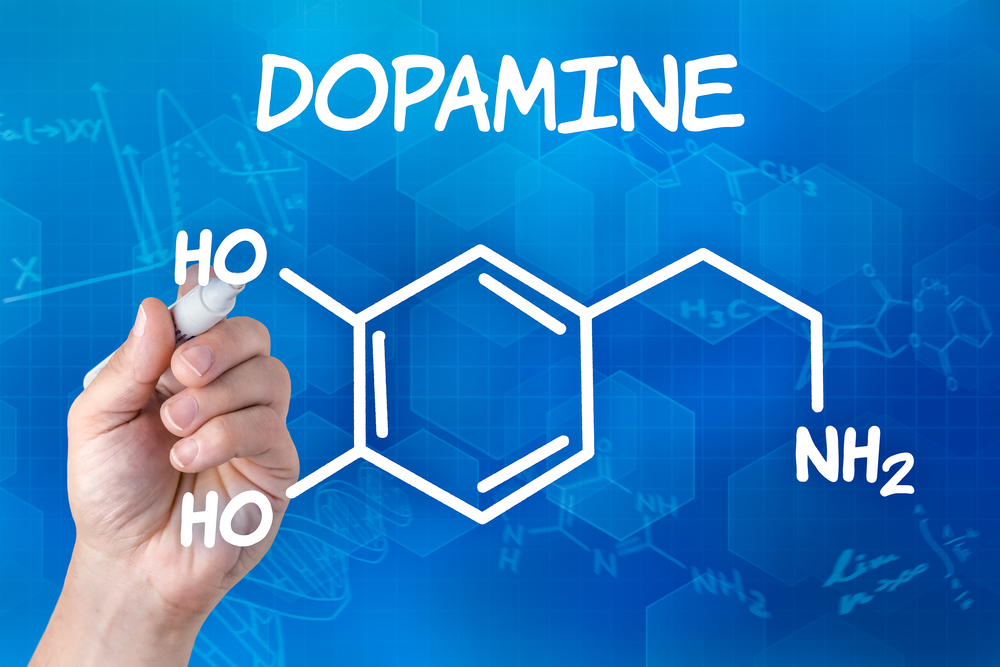Rediscovering medicine profession

Rediscovering medicine profession primarily to make it more profitable to the medical personnel
Rediscovering medicine profession: Do you know your physician well?
Until not long ago the medical profession was the love of every school going, child. You ask any young person what she or she would want to become in future and out of 10 students eight will tell you titles relating to medicine. I want to be a neurosurgeon, dentist, optician, dermatologist, gynecologist name it. That was then, today the number has gone down and I won’t be surprised if on two out of ten will still be confident to associate with this noble profession. So what has gone wrong? That is what we want to find out even ad we focus on rediscovering medicine profession in our time.
If you have been living in America, you must have heard that many doctors are miserable to the point of committing suicide. And from the previous statistics, it is evident that up to 300 physicians take their life annually with the remaining suffering from depression and frustration. This is worrying and we spoke to the experts at AWAREmed Health and Wellness Resource Center to establish the root course. Doctor Dalal Akoury MD who is also the founder of this establishment agrees that there is a big problem in the medical profession. She can trace this from poor remuneration to working condition and lack of promotion even when job appraisal is done annually among many other problems.
And because of this, the once prestigious profession has become very miserable with many physicians opting out. This can be very dangerous to mankind hence the need of finding solutions. And that explains why doctor Akoury having listened to the needs of many depressed physicians, founded I-AM-I (Integrative Advance Medicine Institute) to help in training medical staff in the new ways of administering treatment that is more rewarding not only in the financial aspect but also delivers satisfaction and comfort in work delivery both for the patients and the doctors.
Rediscovering medicine profession: Taking the first step to liberty
If you are a doctor outside there, you are not new to the misery and frustration we go through with the current system being used in medicine. I think that time has come for you and the many physicians out there to be appreciated adequately and not taken for a ride. If you are in agreement, then the starting point will be to get the right skills for the elimination of depression and frustrations with the current system. And that is why rediscovering medicine profession becomes important. With this piece of information, a lot may be going on in your mind right now. We appreciate that and therefore if you want to find more about I-AM-I you are welcome and you can always call on doctor Dalal Akoury MD on telephone number 843 213 148 for further insight about this new treatment dispensation that will bring a total turnaround in the lives of many miserable physicians in America and beyond.
Rediscovering medicine profession: Do you know your physician well?









